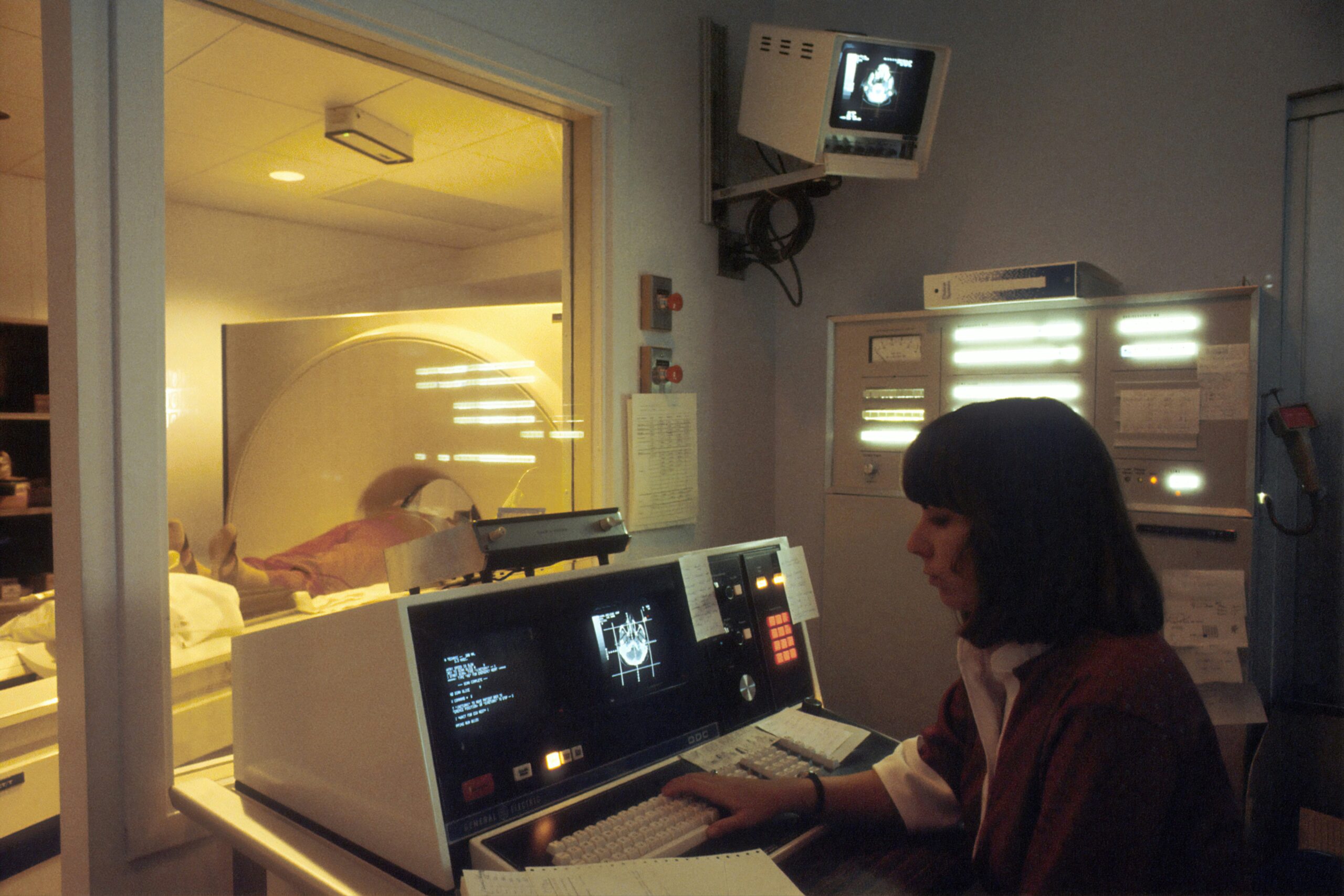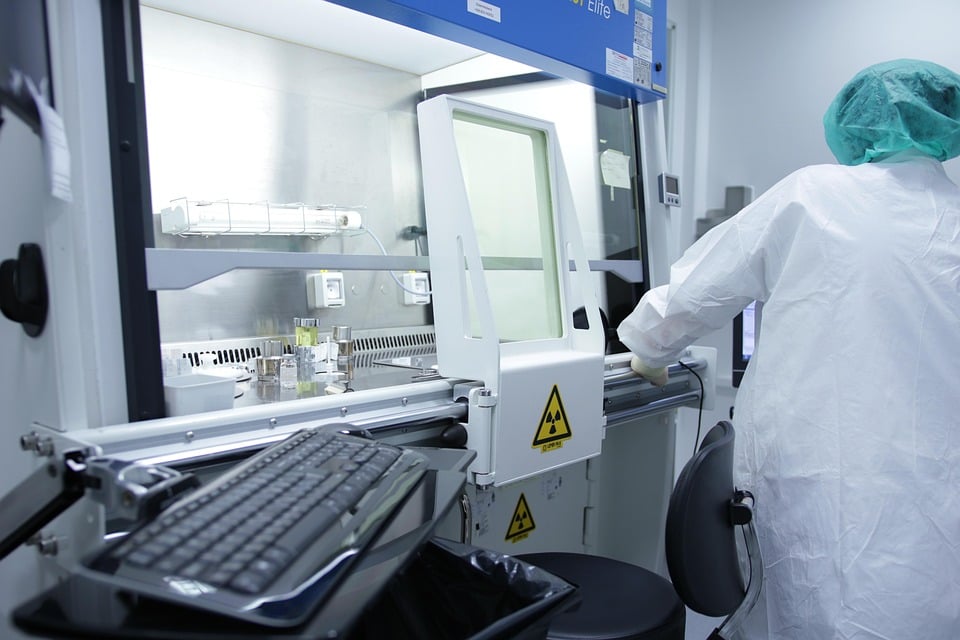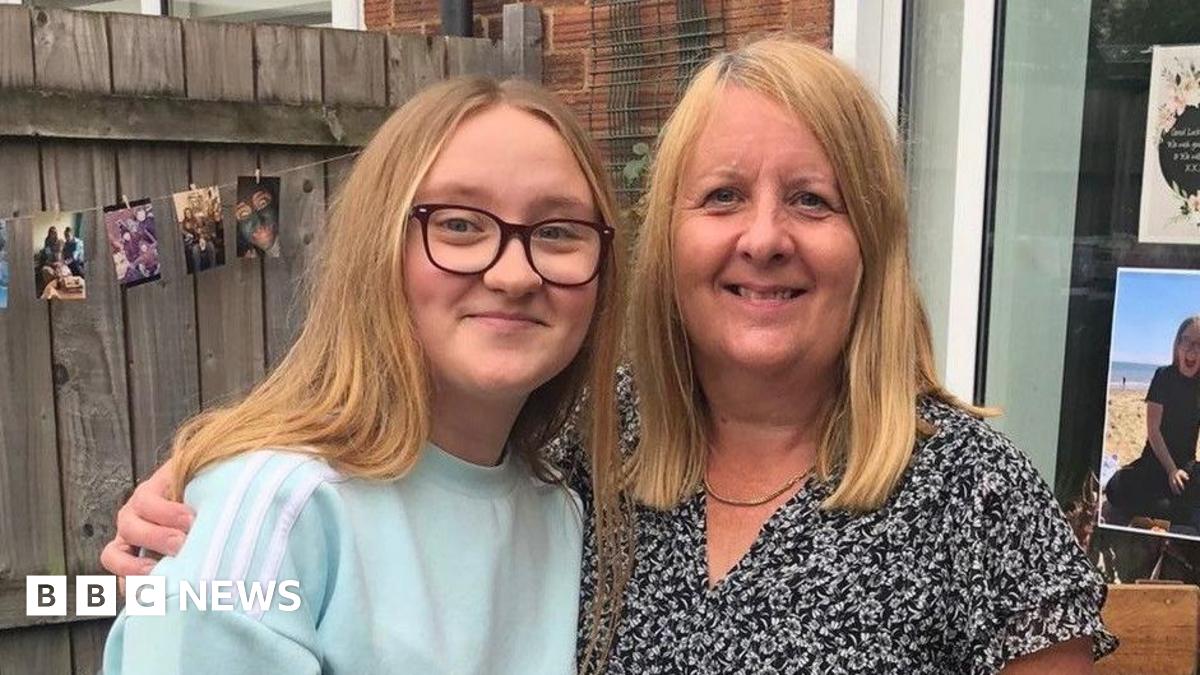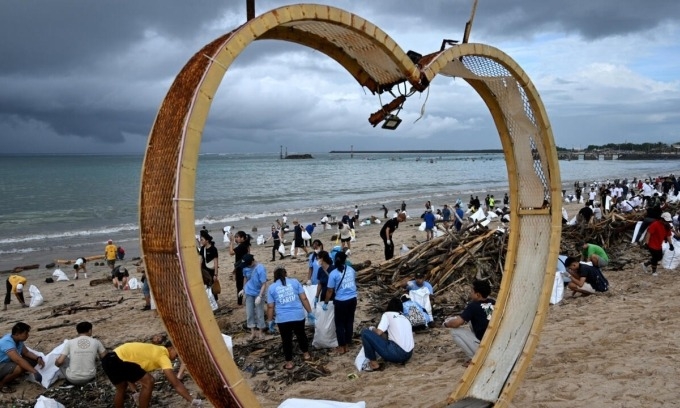
The Caribbean has made significant strides in combating HIV, leading the world with a reduction in AIDS-related deaths by over 60% since 2010. However, the region still faces a challenging battle, with an adult HIV prevalence rate of up to 1.2%, second only to sub-Saharan Africa, and approximately 15,000 new infections annually. The fight against AIDS as a public health threat remains daunting.
Every week, 290 individuals in the Caribbean contract HIV, with 70 of them aged between 15 and 24. The persistence of these numbers is attributed to gaps in prevention services, including sexual reproductive health services, compounded by stigma and discrimination.
Breakthrough in HIV Prevention
A promising breakthrough is on the horizon with the introduction of long-acting injectable antiretroviral drugs for HIV prevention. Lenacapavir (LEN), a twice-yearly injectable pre-exposure prophylaxis (PrEP), boasts a 99.99% efficacy rate. Approved by the US Food & Drug Administration (FDA) in June 2025 and recommended by the World Health Organization (WHO) in July, LEN offers a potential turning point in the HIV epidemic.
Modeling studies suggest that LEN can be cost-effective, particularly if the annual per-person cost remains below US$213 in high-prevalence settings. Furthermore, LEN can be economically viable per disability-adjusted life-year (DALY) averted, provided coverage and adherence are high, and service delivery targets those most at risk of HIV acquisition.
Challenges and Opportunities
Despite its potential, the successful implementation of LEN requires bold, homegrown action from governments, civil society, communities, technical partners, and the private sector. Without such concerted efforts, this innovative solution could remain underutilized, allowing infections to continue rising.
Administering injections every six months presents a valuable prevention option for individuals who struggle with daily medication adherence, promoting greater equity in HIV services. However, centralized delivery could inadvertently restrict access unless complemented by community-based or decentralized approaches, highlighting the necessity of inclusive implementation strategies.
Funding and Resource Mobilization
With global funding for HIV under pressure, Caribbean nations must mobilize domestic resources to introduce and scale up long-acting PrEP. Drawing lessons from past HIV innovations, the region needs to take decisive steps to make lenacapavir a reality and achieve lasting impact.
Strategic Steps for Success
Lenacapavir’s potential will be shaped by policy, price, and politics, not science alone. To translate ambition into lives saved, Caribbean governments and stakeholders must act on several non-negotiables:
- Commit to ambitious goals: Set clear, measurable targets to reduce new infections by 90% by 2030, with lenacapavir as a cornerstone alongside other interventions like condoms. Integrate it into national HIV strategies now, even before supplies increase in early 2026.
- Secure affordability: Negotiate early with Gilead, which has pledged no-profit supply for low-income countries. Leverage the PAHO Strategic Fund and agreements like the Global Fund’s commitment for up to two million people over three years.
- Accelerate generics and manufacturing: Promote technology transfer to local or regional producers, aiming for affordable generics within two to three years.
- Fast-track approvals and guidelines: Expedite regulatory processes in line with WHO’s guidance, updating national protocols to include lenacapavir.
- Integrate services smartly: Embed lenacapavir into existing HIV, sexual, and reproductive health services, using community health workers to extend reach.
- Prioritize fairness and choice: Offer lenacapavir alongside oral PrEP, targeting high-incidence groups such as young women and men who have sex with men.
- Build demand from the ground up: Empower community-based organizations to lead awareness and service delivery, using peer-led systems and stigma-reduction outreach.
- Strengthen monitoring and evaluation: Track safety, drug resistance, uptake, and effectiveness in real-world settings, sharing data regionally.
- Secure sustainable financing: With external aid declining, prioritize prevention in national budgets and forge partnerships with the private sector.
Conclusion: A Call to Action
Lenacapavir represents more than just a drug; it is an opportunity to end HIV as a public health threat in the Caribbean. Governments must act decisively, civil society and communities must hold leaders accountable, and the private sector and partners must invest in a healthy, thriving region.
If action is taken now, this breakthrough can lead to lasting control of HIV, saving lives, protecting families, and safeguarding economies. Delays will cost another generation dearly.
Dr. Richard Amenyah, an international public health specialist from Ghana and the Director of the UNAIDS Multi-Country Office in the Caribbean, emphasizes the urgency of this moment. Feedback can be sent to [email protected].






